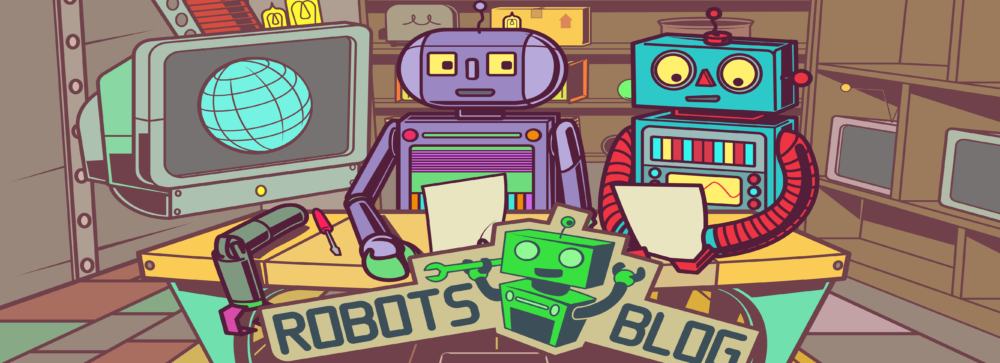Today the LHC performed one of its atomic collision test. The goal was to validate the results of the last test run. During this test the Large Hadron Collider produced a never seen amount of energy. Therefore many skeptics said that the results where totally wrong because of the uncertainty principle. So this last test run tried to validated the results by using subatomic robots inside of the LHC to observe the collision and measuring the energy directly instead of indirect.
The approach failed by destroying the robots at four o’clock and one minute this afternoon. One of the robots collided with the atom instead the other proton. Its remains where found 4,1 kilometer outer the the two thousand and tenth epipolar collider shield.
For a detailed report on this robotic accident take a look here.

